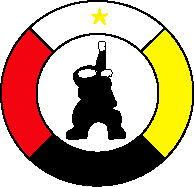 |
|
|
|
|
|
|
|
GOALS & CONCERNS
|
|||||||||
GOALS
|
|||||||||
CONCERNS
|
|||||||||
|
[Home]
[ANSC Origins] [Commissioners]
[Goals & Concerns]
[Contact Us] [Native
Knowledge Link] |
||